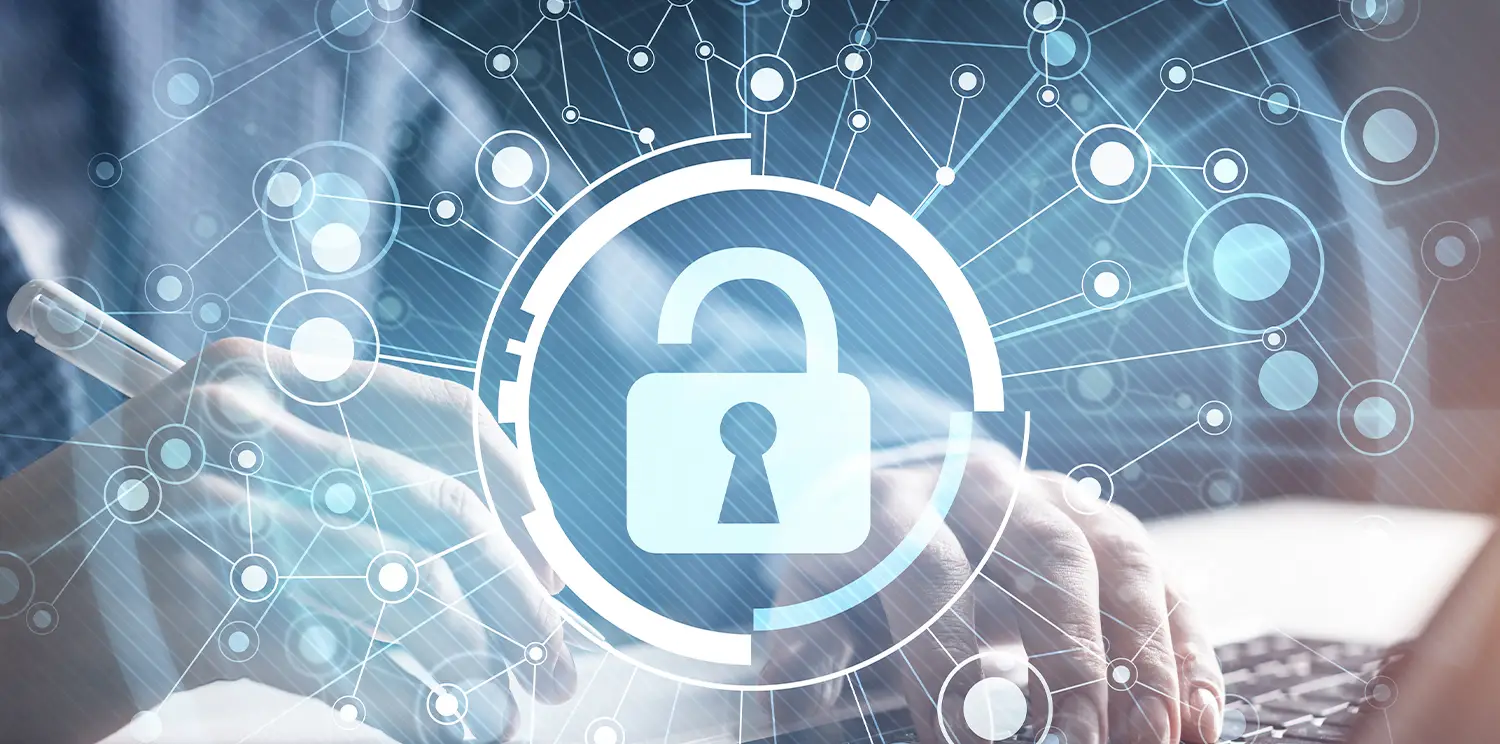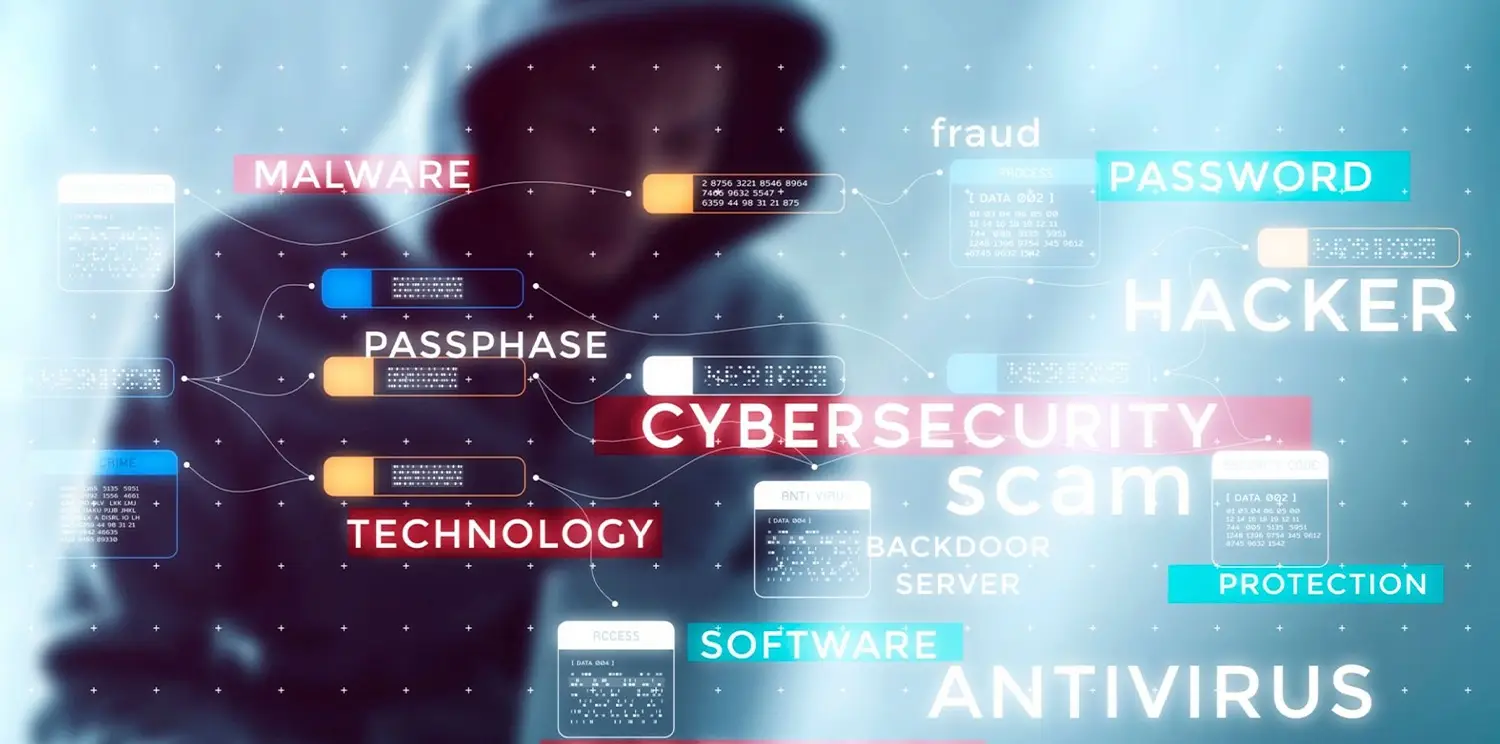The rapid advancement of technology has revolutionized the way we live, work, and connect with the world. However, alongside these remarkable advancements, the technological industry is facing an ever-increasing range of security threats. From data breaches to cyber-attacks and emerging vulnerabilities, the risk landscape has expanded, demanding constant vigilance and robust security measures. In this article, we will explore some of the significant security threats facing the technological industry today.
Cybersecurity Breaches
Cybersecurity breaches remain a pervasive and constant threat to the technological industry. Cybercriminals are becoming more sophisticated, employing advanced techniques to infiltrate systems, steal sensitive information, and disrupt operations. The repercussions of these breaches can be devastating, ranging from financial losses to reputational damage. Organizations must invest in strong security protocols, including robust firewalls, encryption mechanisms, and regular security audits to stay ahead of potential cyber threats.
Malware and Ransomware Attacks
The rise of malware and ransomware attacks has been a growing concern for the technological industry. Malicious software can infect computer systems, causing data loss, system malfunction, or unauthorized access to sensitive information. Ransomware attacks, in particular, have seen a surge in recent years, where cybercriminals encrypt data and demand a ransom for its release. To combat these threats, organizations should implement secure backup solutions, regularly update software and educate employees about phishing techniques and safe browsing practices.
Internet of Things (IoT) Vulnerabilities
The proliferation of Internet of Things (IoT) devices presents a unique set of security challenges. IoT devices, such as smart home systems, wearables, and industrial sensors, are often interconnected and communicate through networks, making them vulnerable to hacking attempts. Weak security measures in IoT devices can be exploited to gain unauthorized access to sensitive data or control critical infrastructure. The technological industry must prioritize the development of robust security standards and protocols to protect IoT ecosystems.
Insider Threats
While external threats receive significant attention, insider threats pose an equally significant risk to the technological industry. Disgruntled employees, careless actions, or accidental data leaks can lead to severe security breaches. Organizations should implement strict access controls, regularly monitor user activities, and foster a culture of security awareness to mitigate the risk of insider threats.
Artificial Intelligence (AI) Security Risks
Artificial Intelligence (AI) is transforming various sectors within the technological industry, but it also brings new security risks. As AI algorithms become more complex and autonomous, they can be manipulated or biased to achieve malicious goals. Adversarial attacks can deceive AI systems, leading to inaccurate decision-making or compromising user privacy. Technological companies must invest in AI security research and development to create robust defenses against these emerging threats.
Supply Chain Vulnerabilities
The interconnected nature of the technological industry’s supply chain creates vulnerabilities that cybercriminals can exploit. A single weak link in the supply chain can compromise the entire ecosystem, leading to data breaches or the insertion of malicious components into products. Organizations need to implement stringent supplier vetting procedures, conduct regular security audits, and establish secure communication channels to minimize the risk of supply chain attacks.
The technological industry plays a vital role in driving global innovation and progress. However, this industry’s growth is accompanied by an ever-evolving range of security threats. Organizations must prioritize cybersecurity measures, stay updated with the latest threat intelligence, and foster a proactive security culture. Collaboration among industry stakeholders, robust security protocols, and continuous monitoring will be critical in mitigating security threats and safeguarding the technological advancements that shape our world.
TSAROLABS is a leading technology consulting and solutions provider that specializes in helping organizations address and mitigate security threats in the technological industry. Here are several ways in which TSAROLABS can assist in dealing with the challenges mentioned above:
Cybersecurity Consulting: TSAROLABS can provide expert cybersecurity consulting services to assess an organization’s existing security measures, identify vulnerabilities, and develop comprehensive strategies to enhance security. This includes conducting risk assessments, establishing security policies and protocols, and recommending appropriate technologies and tools.
Incident Response and Recovery: In the event of a cybersecurity breach or incident, TSAROLABS offers rapid incident response services to minimize damage and facilitate recovery. Their team of experienced professionals can swiftly analyze the incident, contain the breach, restore systems, and help organizations get back on track with minimal disruption.
Vulnerability Assessments and Penetration Testing: TSAROLABS conducts thorough vulnerability assessments and penetration testing to identify weaknesses in an organization’s systems and networks. By simulating real-world attack scenarios, they can pinpoint vulnerabilities before cybercriminals exploit them and provide recommendations for remediation.
Security Awareness Training: TSAROLABS offers customized security awareness training programs to educate employees about the latest cybersecurity threats, best practices, and how to recognize and respond to potential risks. This training helps build a security-conscious culture within organizations and empowers employees to become the first line of defense against security threats.
Secure Software Development:
TSAROLABS can assist organizations in developing secure software applications by integrating robust security practices into the software development life cycle. They follow industry best practices, conduct code reviews, perform vulnerability assessments, and implement secure coding techniques to minimize the risk of software vulnerabilities.
IoT Security Solutions: With expertise in the Internet of Things (IoT), TSAROLABS can help organizations secure their IoT ecosystems. They provide end-to-end security solutions for IoT devices, including secure device provisioning, encryption mechanisms, access controls, and threat monitoring to protect against IoT-specific vulnerabilities.
AI Security Solutions: TSAROLABS understands the unique security challenges associated with artificial intelligence (AI) systems. They offer AI security solutions that include AI model audits, adversarial attack detection, privacy protection mechanisms, and the development of secure AI algorithms to mitigate the risks associated with AI deployment.
TSAROLABS is well-positioned to assist organizations in addressing the security threats prevalent in the technological industry. With their expertise in cybersecurity consulting, incident response, vulnerability assessments, security awareness training, secure software development, IoT security, and AI security solutions, they can help organizations bolster their defenses, mitigate risks, and ensure the confidentiality, integrity, and availability of their systems and data. By partnering with TSAROLABS, organizations can enhance their security posture and stay resilient in the face of evolving security threats.
Related Tags
Cybersecurity, technology, security threats, vulnerability assessments, penetration testing, incident response, security awareness training, secure software development, IoT security, AI security.


